Washington University in St. Louis’ Prison Education Project (PEP) has won a two-year $980,000 grant from The Andrew W. Mellon Foundation. The award resulted from the Mellon Foundation’s “Future of Higher Learning in Prison” competition.
“This has been quite a year,” said Robert Henke, professor of drama and of comparative literature in Arts & Sciences, who serves as PEP director as well as co-principal investigator of the Mellon grant. “Last spring, because we were no longer able to have on-site classes, we worked with WashU and the Missouri Department of Corrections to make the switch to virtual instruction. It has been a steep learning curve for everyone involved.”
“At the same time, the urgent, overlapping conversations around race, policing and equality demonstrate the importance of critical thinking, historical perspective, individual expression and quantitative analysis,” Henke added.
“These are precisely the skills and values that PEP aims to develop.”
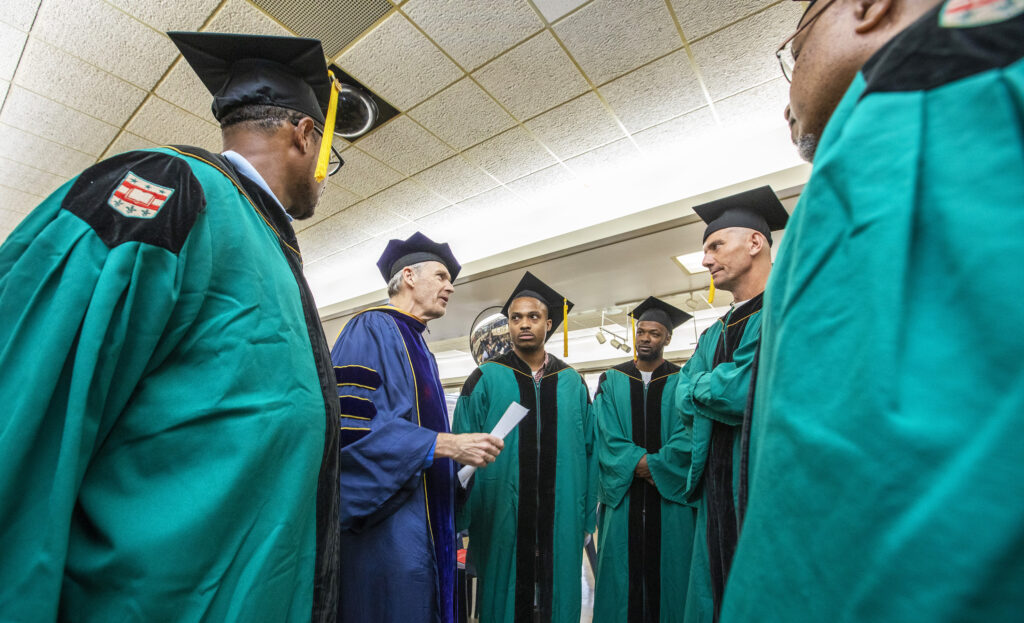
Effecting positive change
Launched in 2014, PEP provides a structured but wide-ranging liberal arts education to students at the Missouri Eastern Correctional Center (MECC), a men’s medium-security prison 30 miles from St. Louis. It currently offers 16 courses per academic year as well as two degrees: an Associate in Arts (Liberal Arts) and a Bachelor of Science in Integrated Studies. In February, PEP launched a nationwide search for its first full-time director.
The Mellon grant will enable PEP to significantly improve its use of digital technology, both to supplement in-person teaching and to support remote instruction. In addition, the grant will allow PEP to: expand from MECC to a women’s prison in central Missouri; strengthen its post-incarceration reentry program; and inaugurate a series of interdisciplinary, humanities-based courses.
“Every person’s story matters,” said Heather Corcoran, vice provost and interim dean of University College. “A rigorous humanities education helps students in the program to examine forces shaping their own stories and gain critical skills to effect positive change in their communities and the wider world. We are extremely grateful to the Mellon Foundation for their support.”
Technology and access
Henke noted that last spring, as COVID-19 forced some prison education programs to suspend teaching or revert to mail correspondence courses, PEP was able to take its classes online, thanks to a third-party corrections service provider. Yet shortcomings — including limited equipment and restricted internet access — soon became apparent.
Going forward, PEP will use Mellon funding to establish a dedicated computer room for students at MECC and to develop and expand The Learning Center, an offline learning management system recently initiated by a team of incarcerated developers at the Missouri Department of Correction’s facility in Potosi.
Major goals for The Learning Center expansion include supporting PEP classes for the duration of the pandemic; improving access, for both PEP students and the general MECC population, to The Gutenberg Library, OpenCourseWare and other digital academic materials; and ultimately providing an open-source learning management system that could be exportable to other facilities around the nation.
In addition, the expansion will include working partnerships with the tech nonprofit LaunchCode and with the computer science department at the university’s McKelvey School of Engineering, which will hire a postdoctoral fellow in the field of computer science pedagogy.
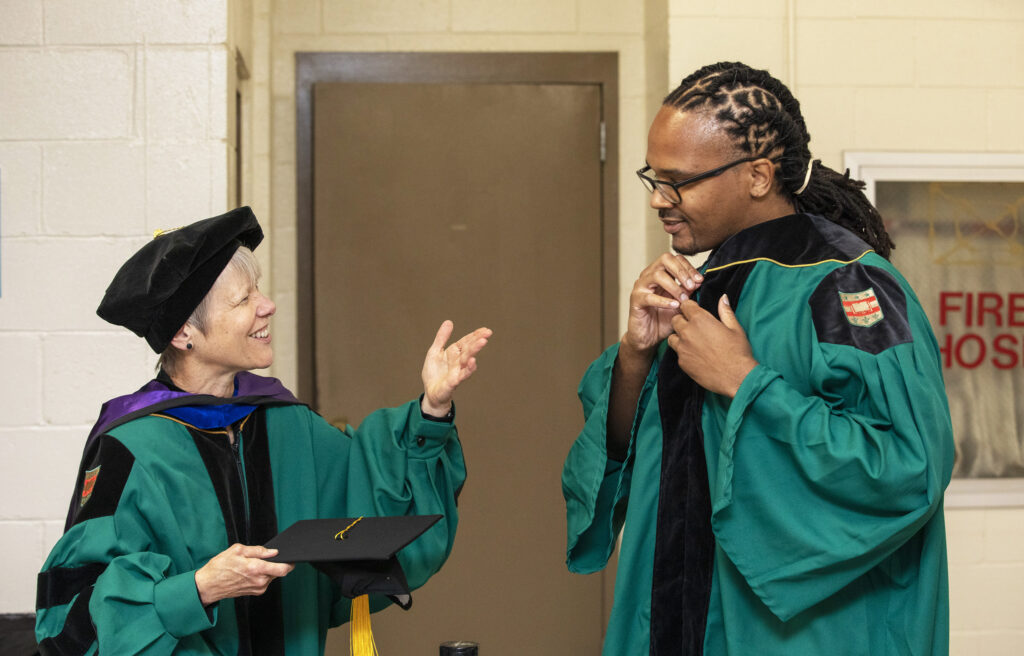
Expanding programs
Alongside technological improvements, the Mellon grant will enable PEP to establish a second in-person program at the Women’s Eastern Reception, Diagnostic and Correctional Center. Located in Vandalia, Mo., about 100 miles from St. Louis, the center is responsible for accessing incarcerated women as they enter the Department of Corrections system but also houses a substantial resident population.
“We have been interested for quite some time in offering educational programming for incarcerated women in Missouri, but the distance has proven logistically difficult,” said PEP associate director and co-PI Barbara Baumgartner, teaching professor of women, gender and sexuality studies in Arts & Sciences. “With the development of The Learning Center, we envision hybrid courses that would combine online learning with in-person instruction a couple of times a month.”
Baumgartner added that PEP plans to begin offering courses, along with reading groups and workshops, in Vandalia beginning with the 2021-22 academic year. In addition, the Mellon grant will enable PEP to hire a postdoctoral fellow in the humanities to serve as site coordinator.
“We know that education plays a vital role in helping people succeed after release from prison, which in turn makes our communities safer,” said Missouri Department of Corrections Director Anne Precythe. “We’re grateful for our partnership with Washington University’s Prison Education Project and excited to be able to extend quality higher education opportunities to incarcerated Missouri women.”
The Mellon funding also will enable PEP to hire two new staff members — a reentry case manager and a PEP alumni coordinator — for its reentry program. Launched in 2019, the reentry program pairs PEP students with master’s in social work candidates in the university’s Brown School to develop educational, vocational and personal post-release plans. The new staff members will: facilitate programming and workshops related to job readiness, financial literacy, housing and other topics; cultivate a community of St. Louis-area PEP alumni; and foster and maintain relationships with local and national reentry organizations as well as the university’s Career Center.
Interdisciplinary humanities
Finally, the grant will enable PEP to create four new interdisciplinary humanities courses in the 2021-22 and 2022-23 academic years.
The new classes will be modeled on PEP’s previously offered “Landscape Architecture: The Art and Science of Placemaking.” That course was developed as part of “The Divided City,” a Mellon-funded collaboration between the university’s Center for the Humanities in Arts & Sciences and its Sam Fox School of Design & Visual Arts.
“There are many paths to learning,” Henke said. “Some questions demand meticulous attention, others demand thoughtful reflection, still others demand collaboration and creativity.
“But many questions — many of the most important questions facing us as a society — demand the kind of interdisciplinary reflection that we hope to foster with these courses.”
For more information about the Washington University Prison Education Project, visit prisonedproject.wustl.edu. For more information about the Andrew W. Mellon Foundation or “The Future of Higher Learning in Prison,” visit mellon.org.
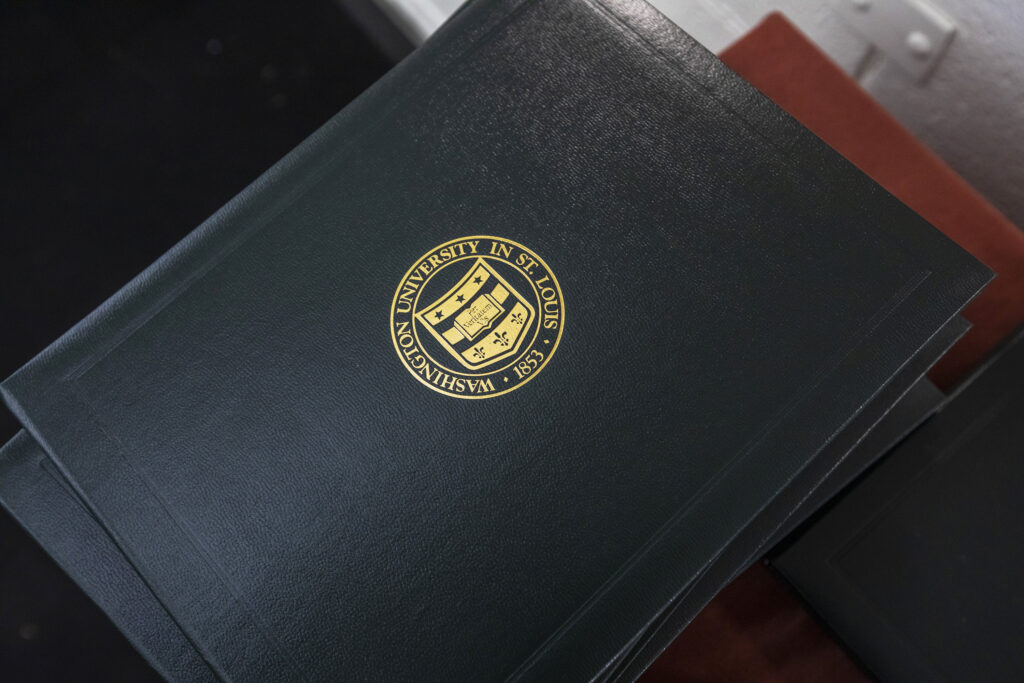
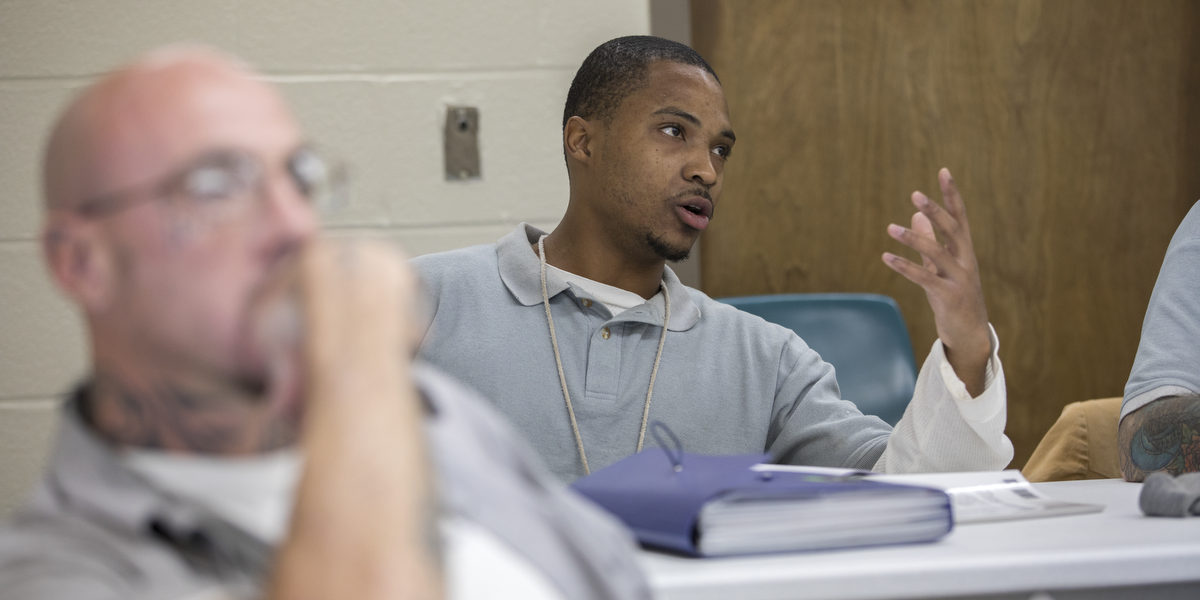
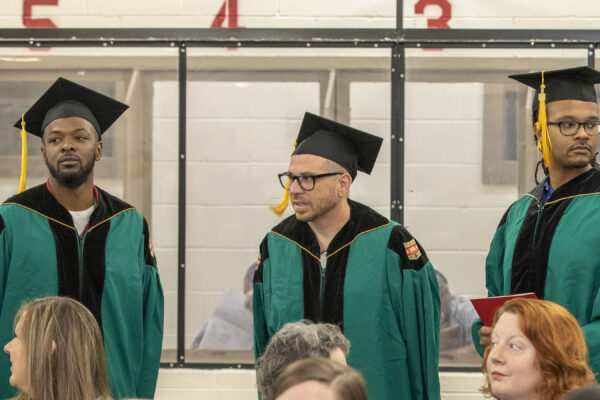
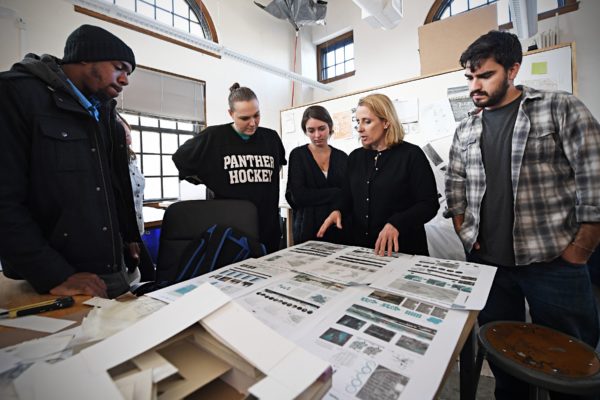
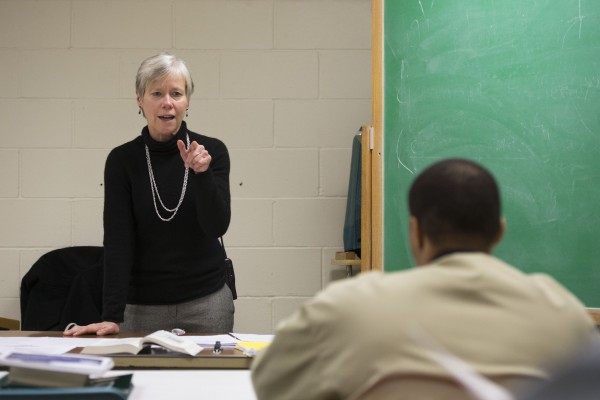
Comments and respectful dialogue are encouraged, but content will be moderated. Please, no personal attacks, obscenity or profanity, selling of commercial products, or endorsements of political candidates or positions. We reserve the right to remove any inappropriate comments. We also cannot address individual medical concerns or provide medical advice in this forum.